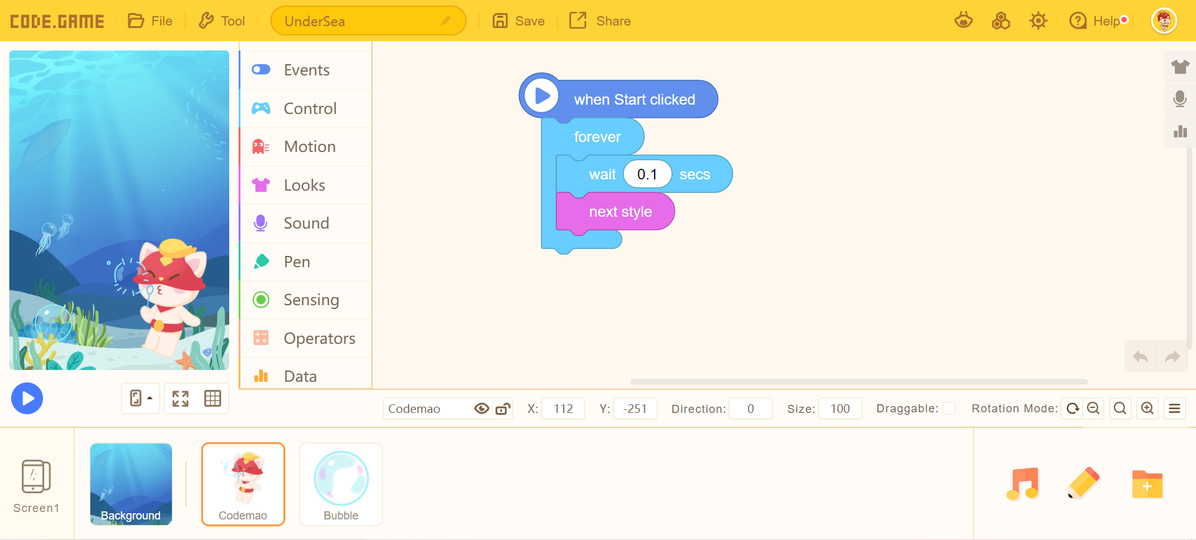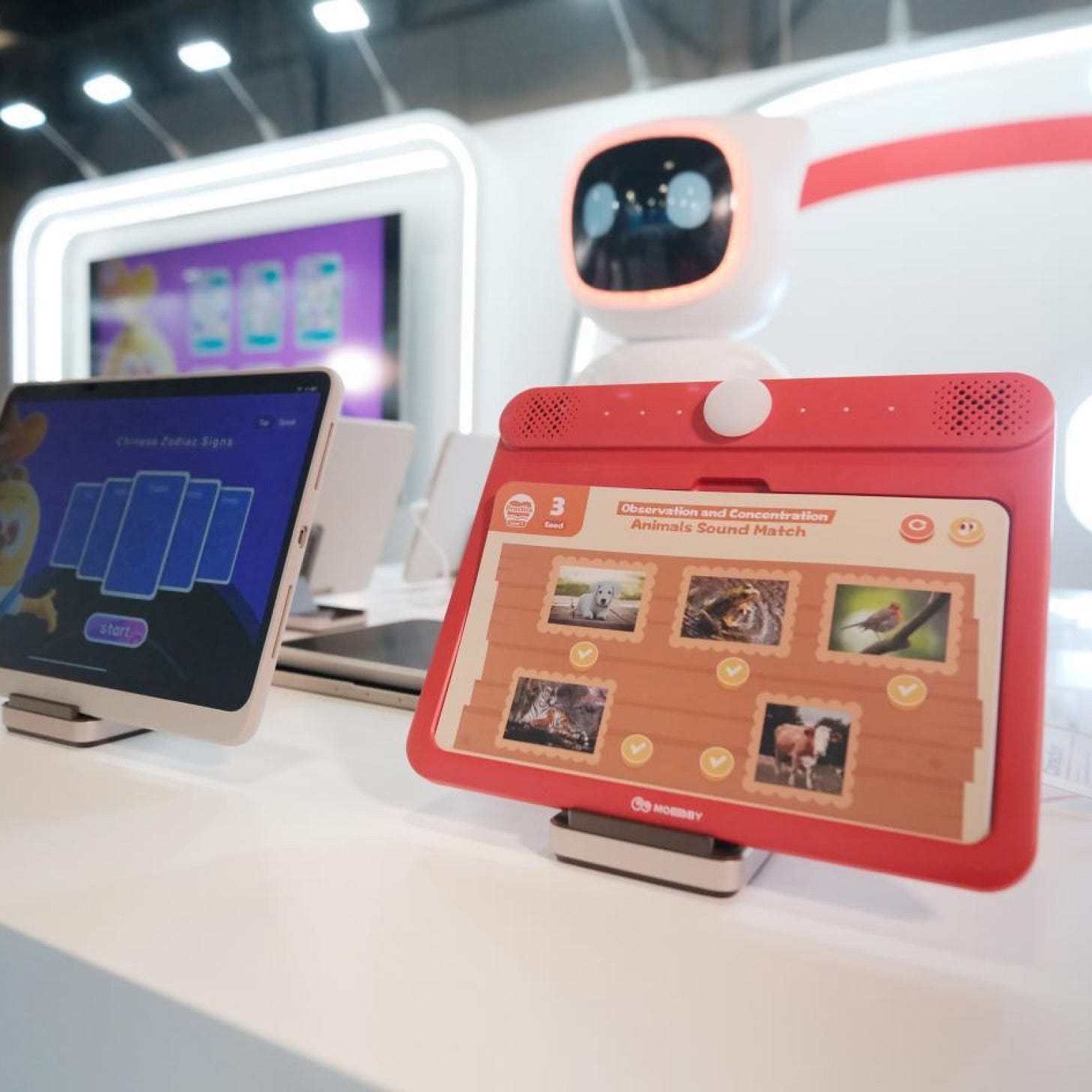The World’s Top EdTech Companies
Last week, Time magazine released a list of 350 of the “World’s Top EdTech Companies.” It’s an interesting list, and has more holes in it than Swiss cheese. But it offers some interesting learnings about the distribution of EdTech and the concentration of “value.” The US had 39% of the spots; India had 9%, and China has 7%. But China holds 6 of the top ten spots, while Stepful is the only US-based company to make the top ten list.
What makes Chinese startups disproportionately successful? In a word, the state. In a bunch of other words, state-backed AI.
Companies that were dead or dying–now revived by the auspicious hand of AI, which is (for now) liberated from many of the policy constraints that pesky humans have to abide by.
Just look at TAL Education! Financial strength and industry impact are the main drivers of their score, according to Time, but TAL Education stock is down to $9.42 from a high of $90 in 2021.
This is just pure, unadulterated value destruction over the past five years: TAL lost 70% of its revenue from 2021 to 2023 after being hammered by China’s ban on for-profit tutoring companies. And yet, their revenue is up 42% YoY, from $429.6M in 2023 to $628.8M in 2024. How?
TAL Education has spent tons of money developing the xPad, which comes embedded with MathGPT, a math-specific model that solves problems with more accuracy than ChatGPT.
Being tutored by a human at a for-profit? Out. Being tutored by an AI chatbot at a for-profit? In, baby! And that distinction has allowed TAL to claw their way out of regulatory hell and onto Time’s list. Because now it’s not tutoring, it’s just learning (also, chatbot tutors generally cannot compare to humans).
Codemao, the most impactful EdTech company (according to Time, and we might be a little dubious of the entire ranking at this point) is an online tutoring provider that trains students in–you guessed it–coding.

Codemao is interesting because half of their customer base are students from third- and fourth-tier cities (an unofficial ranking published by Yicai Global, a financial news organization owned by Shanghai Media Group, a state-owned enterprise [so while unofficial, this tiered city ranking holds a lot of weight domestically]).
Codemao is an integral part of the CCP’s New Generation Artificial Intelligence Development Plan, released in 2017. This plan requires programming courses be taught in elementary and middle school curriculums. CCP policies are the tailwinds propelling Codemao and providing a built-in userbase.
Meishubao, on the other hand, offers art courses. Meishubao’s success is due, in part, to the size of the market (235 million kids under the age of 14 in China) and…the Chinese government! More specifically, the rigorous testing in place, even for the arts.
A report by Daxue Consulting in Hong Kong discovered that the China Academy of Art receives around 80,000 applicants per year, and enrolls just 1,600. The Central Academy of Fine Arts in Beijing averages over 40,000 applicants per year, 13,000 of whom are invited to sit for their exam; the school only accepts between 700 and 800 national students each year.
- Sarah Foreman, “The Grueling, Hypoer-Competitive Exams that Decide the Future of Chinese Art Students”
The CCP’s banning of for-profit tutoring companies only hits core subjects, not the arts, freeing up Meishubao from the restrictions that initially hammered TAL.
Xiaohe, 5th on the list, has raised over $300M, including $150M from Alibaba. They build a personalized educational ecosystem for over 40 million students, whatever that means. But central to all of these Chinese companies’ messaging, is AI. Because unlike for-profit tutoring, AI is allowable under the New Generation AI Development Plan.
It’s a sign of the uneven playing field that countries and policy frameworks are already taking when approaching AI. China limited tutoring by humans, but allows AI chatbots to perform the same function. In the US and elsewhere, there are often strict frameworks (like COPPA) that somehow AI chatbots get to circumvent for now (until Character.AI draws more scrutiny to the industry). Google Gemini is rolling out to kids under 13. Humans in the loop? That destroys value. AI? Loophole!









